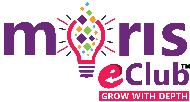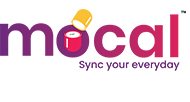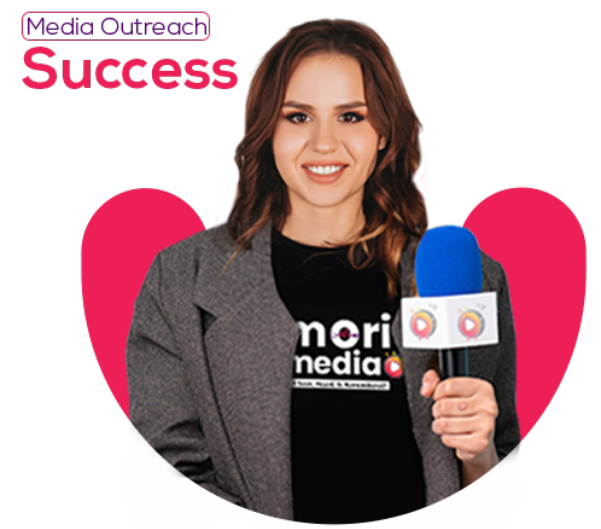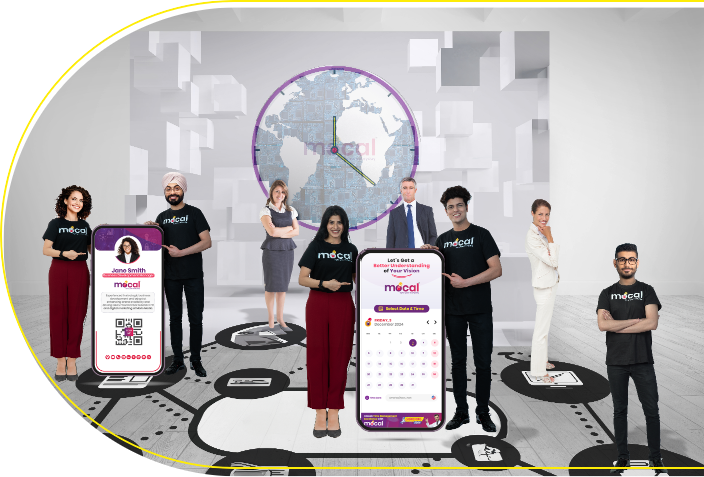Finding the perfect scheduling software in District of Columbia can feel like navigating a maze. Here at Moris Media, a world-class PR Boutique and Digital Marketing Agency with experience in over 40 countries and 50+ industries, we understand your struggle. To help, we conducted a comprehensive survey encompassing over 10,000 participants in the District of Columbia. We also tested numerous scheduling tools in various business settings. This research has led us to identify the Top 10 scheduling software options in District of Columbia for 2025, all catering to busy professionals and businesses seeking a better work-life balance.
The Power of Smart Scheduling
In today's fast-paced District of Columbia environment, the right scheduling software can be a game-changer. It streamlines workflows, boosts productivity, and frees up valuable time to focus on what matters most. But with so many choices on the market, making an informed decision can be overwhelming.
Introducing the Top 10: A Diverse Landscape
This meticulous analysis explores the strengths and weaknesses of the top 10 scheduling software solutions in District of Columbia.
- moCal 7-in-1 Solution (Free, Paid Plans)
- Calendly
- Google Calendar
- Microsoft Outlook Calendar
- Acuity Scheduling
- Square Appointments
- Setmore
- Zoho Bookings
- Doodle
- SimplyBook.me
We'll delve deeper into each contender, but let's start with the top-ranked solution: moCal.
#1: moCal - A Feature-Rich Powerhouse (with Caveats)
moCal stands out for its ambitious vision: a single platform integrating scheduling, CRM, and recruitment functionalities. This eliminates the need for juggling multiple software programs, potentially saving time and money.
Here's a breakdown of moCal's strengths:
- User-Friendly: Easy to navigate and manage, even for non-technical users.
- Integration Powerhouse: Connects with various tools to streamline workflows.
- Quick Scheduling Links: Ideal for generating and sharing quick scheduling links via email.
Additional Features:
- One-click scheduling for convenience.
- Automated reminders to ensure no missed appointments.
- Customizable branding for a professional image (paid plans).
- Team scheduling for efficient collaboration (paid plans).
Pricing: A free plan offers limited features. Paid plans start around $8/month and offer more advanced functionalities.
Drawbacks to Consider:
Despite its strengths, moCal has limitations to consider:
- Limited Project Management: While moCal claims project management features, their extent remains unclear.
Who Should Use moCal?
moCal might be a good fit for various sized businesses that prioritize an all-in-one solution with customization options:
- Agencies and Consultants: Manage client appointments, team scheduling, and project collaboration (if project management capabilities meet your needs).
- Sales Teams: Streamline sales processes with features like appointment scheduling, lead capture, and integration with sales tools.
- Recruitment Teams: Manage the entire recruitment cycle, from scheduling interviews to candidate evaluation.
- Entrepreneurs and Freelancers: Keep track of appointments, manage client communication, and improve overall time management.
The Final Verdict: Feature-Rich with a Side of Caution
moCal offers a compelling feature set, but its current limitations require careful consideration. The lack of a mobile app and incomplete information on project management and pricing raise questions. To truly evaluate moCal, we recommend:
- Free Trial: Explore the free plan or trial to test drive the platform and see if it fits your needs.
- Compare and Contrast: Consider other top contenders like Calendly, known for its ease of use, or Google Calendar, for its simplicity.
The best scheduling software should fit your specific workflow and budget. By carefully considering MoCal's strengths and limitations alongside its competitors, you'll be well-equipped to choose the perfect solution to streamline your schedule and boost your productivity in the bustling District of Columbia.












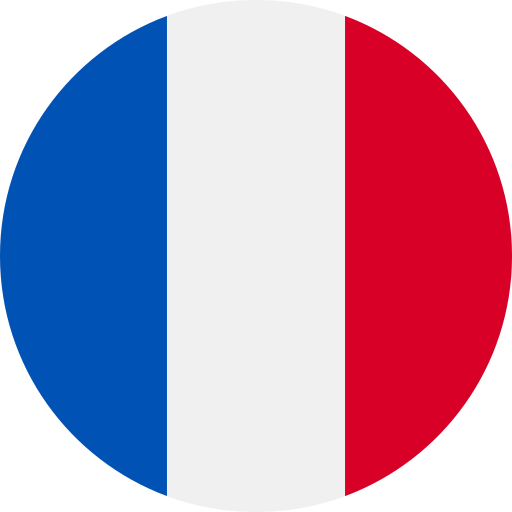








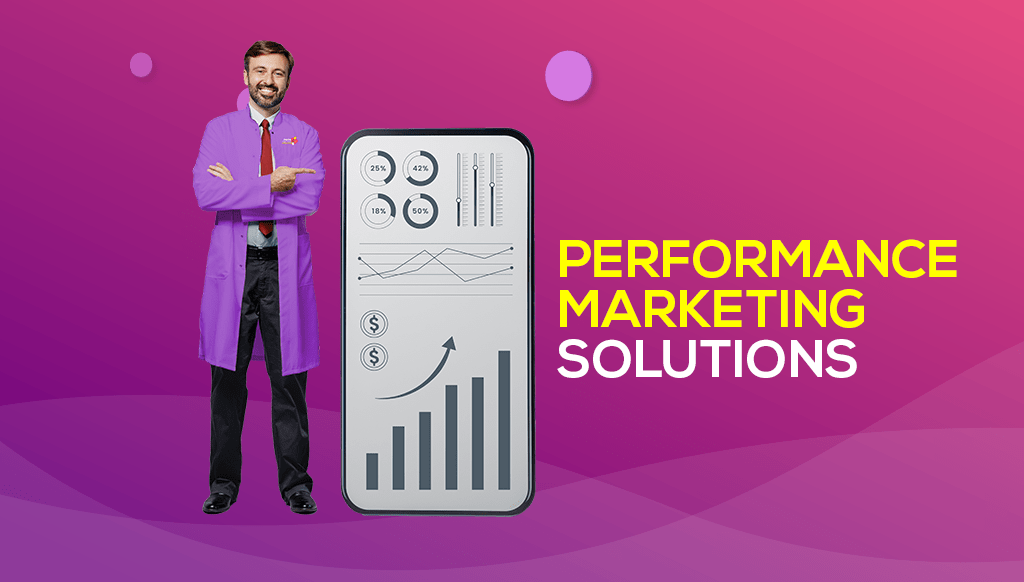
.png?v=1676960503)
















